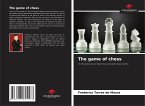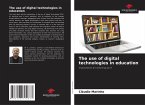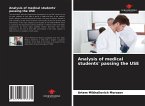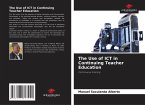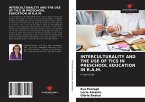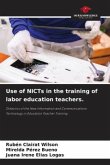Promoting meaningful learning through a healthy and enjoyable environment is the aim of contemporary education. Educators at various institutions are working towards this goal. This book describes one such project. In this case, chess was used as a mediator so that students could work more intuitively with the mathematical concepts of area and vectors. The research was based on the principle of mediation described in Lev Vygotsky's socio-historical theory and David Ausubel's meaningful learning. The text explains how games are part of human culture and how educators can use them in the construction of knowledge, replacing a traditional methodology of teaching mathematics, where rules are memorised and executed mechanically in specific situations. In this work, more important than the knowledge addressed, the focus is on the way students work on problems and create tactics for internalising knowledge to combine data and propose a resolution strategy, transforming information into knowledge.
Bitte wählen Sie Ihr Anliegen aus.
Rechnungen
Retourenschein anfordern
Bestellstatus
Storno


